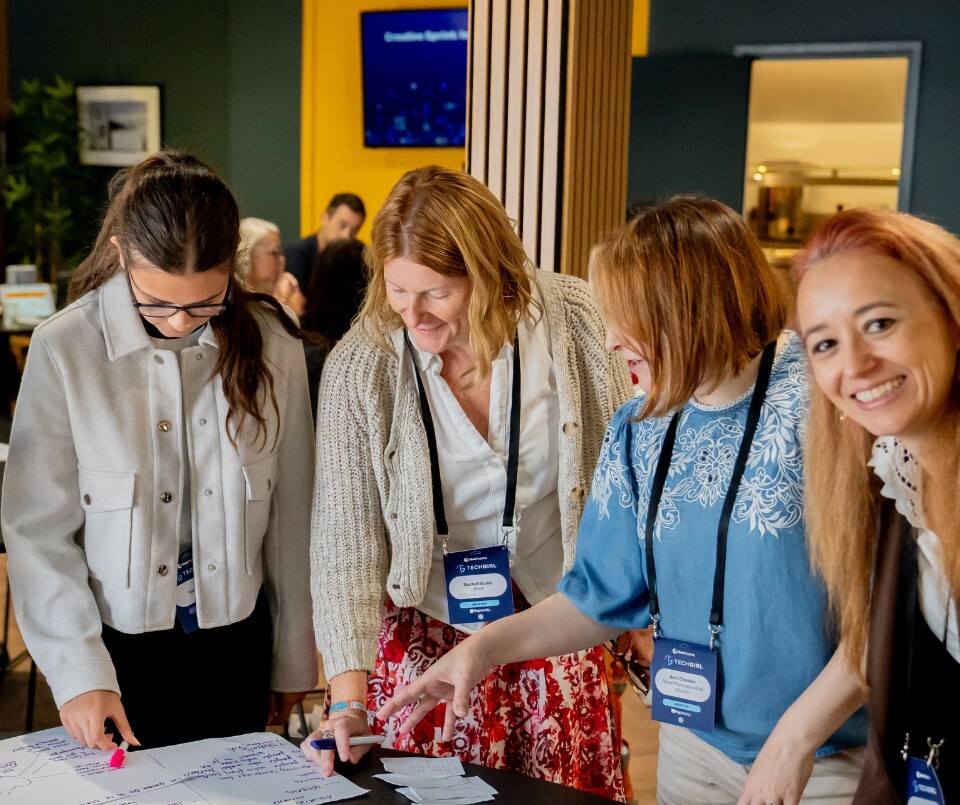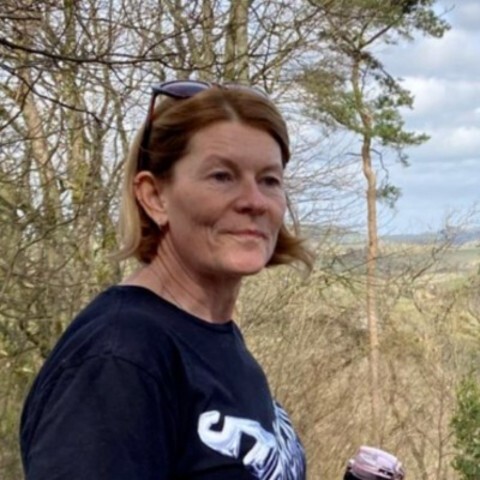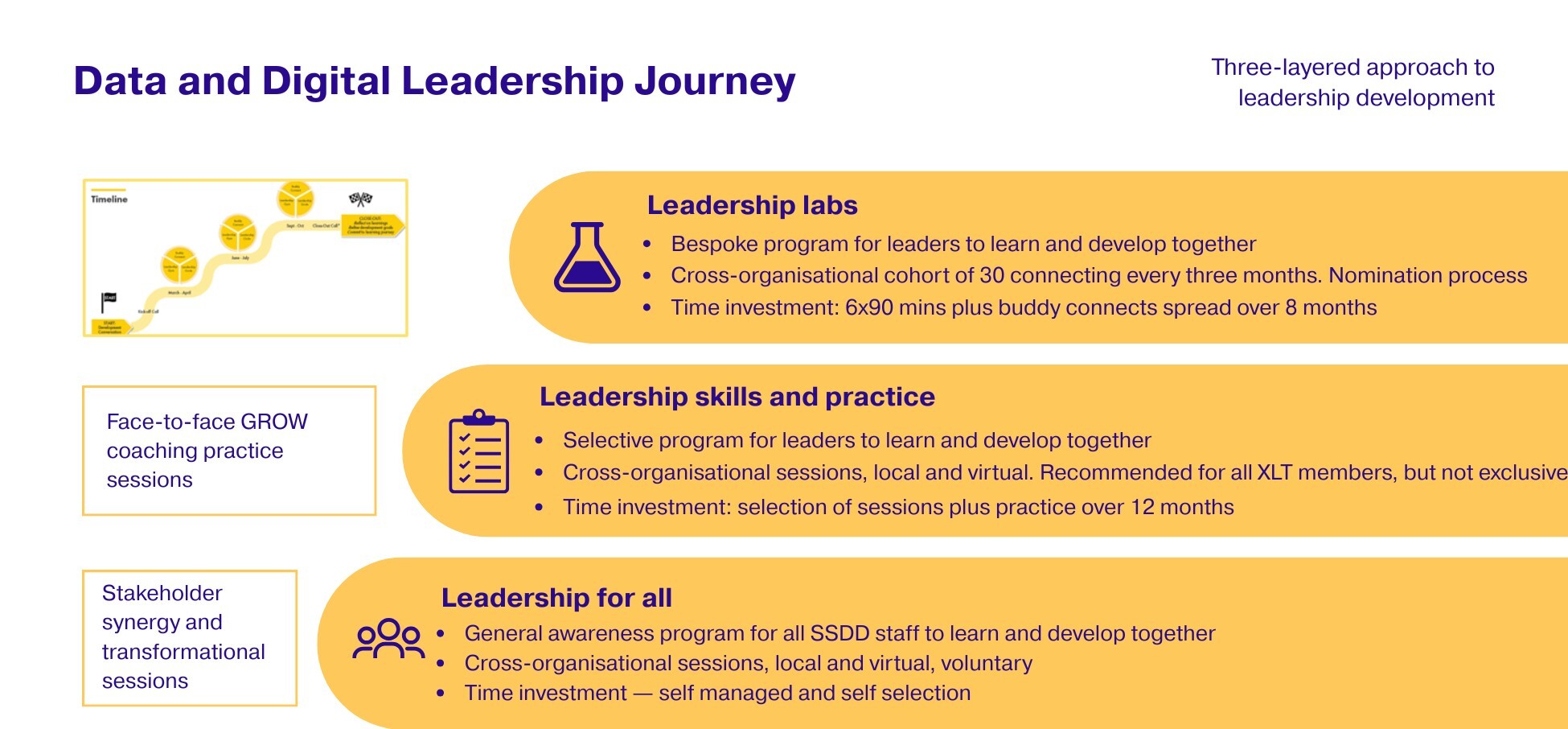
Building the skills of the future: Lessons from Shell

Rachel Scully
Lessons from Shell's subsurface digital workforce
By combining research, coaching and leadership development, Rachel Scully reveals how a data-driven program helped staff build resilience, grow transferable skills and create a shared “how” for success in times of transformation.
Shell, much like any other IOG is navigating its way through digital and energy transformations. Our subsurface data and digital workforce are from highly technical backgrounds such as geology, physics, engineering and software development such as developers, architects or data science.
The challenge we are constantly facing is how we stay ahead of the curve and ask ourselves: What are the skills we need for the future in unpredictable times? What skills do our staff need today and to set ourselves (and themselves) up for success? Will our strategy be to build, buy or partner to develop our subsurface technology? What skills do we need for the future, and with the potential for future re-organisations, how to set staff up for success irrespective of the internal job market?
A new role to ask new questions
In mid-2023, I stepped into a new role that brought together my technical experience in technology development, deployment, and adoption, along with my recent MA in Leadership. The senior leadership team had received feedback from staff and knew there were gaps. This was an opportunity to address them, and to do deeper research.
Some of the assumptions and feedback at the start were:
- Staff were fearful of obsolete skills e.g skilled data managers replaced by offshoring, Automation and Machine Learning
- Staff were fearful of upcoming re-organisations and to what extent they would be impacted.
This last point made me question not just the technical skills required, but the transferable ones too. I wanted to know not just what staff need to know, but how and why. While this was a valuable starting point, it was critical to ask more questions to gain a deeper understanding of the problems we were trying to solve, and not just those common to the watercooler or being discussed overtly. Over three months, I conducted extensive research to understand our current skill set, how staff develop themselves, and what support is needed for the future.
Understanding the workforce
The research sought to understand what skills staff already had, how they acquired them, what motivated them to upskill, and by what mechanism. I also wanted to explore whether cultural, geographical or organisational factors played a role, and to identify what knowledge we had in abundance and where support was needed to help staff navigate some of the fears uncovered in the initial assumptions.
A survey was conducted across more than 300 staff, with a 45 percent response rate. It covered questions about demography and staff personal development habits, leadership skills such as leading and managing teams, technical skills including domain, data and digital, and business and professional skills. The survey data provided broad insights, which were followed up with 25 one-hour structured interviews across a range of experience levels, domain experts and geographies to gain more qualitative perspectives.
The findings were significant. Over 60 percent of the workforce had more than 20 years of industry experience and will likely be retired within 10 years, highlighting both a depth of knowledge and the risk of loss. Eighty percent of staff take on leadership roles (whether project, formal or natural team lead) yet 35 percent do not follow or do anything proactively to develop in these roles. Perhaps most striking, feedback on the interview process itself was astounding: all staff interviewed felt valued, listened to and inspired to take more personal action. This was very different from a workplace development plan session, and became a key insight for what followed.
From insights to action
Rooted in technology development and adoption, a Design Thinking Agile approach was taken to analyse the data with and decide what sort of program would benefit the most staff in the time available.
As a result, the key output (alongside some targets to improve connectivity and knowledge sharing of teams) was a three-layered Leadership For All program shown below.

- Leader Labs cohorts were by nomination aimed at those requiring the most support. The six-month program comprised small peer coaching cohorts sharing experiences and challenges and facilitated leadership knowledge discussions.
- The “astonishing” feedback from the interviews highlighted the fact that staff do not feel listened to, so coaching training using the GROW model was delivered with the aim of role modeling coaching habits in leaders focusing on curiosity and listening.
- All staff from individual contributors to community leads attended in person experiential workshops to look at personality types and ultimately became more self aware of one’s own style and that of others including team members and stakeholders, improving ways of working. Ten sessions were delivered to 300 staff in US, Netherlands, UK and India with average rating 4.7/5 on all courses.
"That was the first time I've ever learnt about strategies that I can actually put into practice at work, and I found it extremely useful"
Key learnings:
Ask the right questions. If I had used only the assumptions and initial rationale for the role and project, leadership support and intervention would not have been addressed. Yet this turned out to be the biggest part of the program, with the greatest impact and improvement in ways of working.
Coaching is fundamental at all levels of the organisation, yet it is often only senior executives who are privileged to experience it. Changing team lead behaviours from “tell” to “ask” is difficult to embrace, but through coaching practice and role plays, a number of leaders improved their effectiveness, confidence and ability to motivate and delegate.
So what questions should you be asking your organisation? Where do your staff need support? What skills are already in place, and what is missing? More importantly, how do you gain and sustain them?
Data-driven decisions were central to this project. Both qualitative and quantitative data were used to highlight gaps in the support staff needed and to enable a program to be signed off. This was also important evidence for a technical workforce that values proof rooted in data, something they are accustomed to in software development.
Agility in development and deployment also proved vital. By incorporating real-time feedback, we were able to adapt and expand the reach of the program, increasing both its impact and the number of staff who successfully experienced it.
Successes
Technical staff spend a great deal of time upskilling on technical and digital skills. Those already skilled in communication, storytelling and stakeholder engagement often develop these capabilities naturally, but what about the rest? Do you feel your staff are falling behind, and that they do not value the storytelling or communication skills needed to embed behaviour change and embrace digital transformation?
A blend of technical expertise alongside an understanding of personality and interpersonal skills makes teams work better and feel more motivated towards a single goal. Ask yourself how you achieve that blend, and why it is important to your teams. If you expect technical staff to lead teams, what support are you giving them ahead of stepping into those roles?
We all seem to know what to do, but are less sure how to do it. By undertaking this project, we were able to create our own “how,” grounded in our own data.
About the author
Rachel Scully has over 20 years’ experience as a technical expert and leader in geoscience technology in the Oil and Gas industry. In 2019, she won a scholarship to Henley Business School to complete her MA in Leadership. Since then, she has driven technical teams to build leadership strategies and tools that improve team effectiveness.
Contact Rachel if you’d like more details on this project or to discuss how you might approach similar challenges in your own technical organisation.
SUBMIT A COMMENT
RELATED ARTICLES
Join the community
To join the HotTopics Community and gain access to our exclusive content, events and networking opportunities simply fill in the form below.